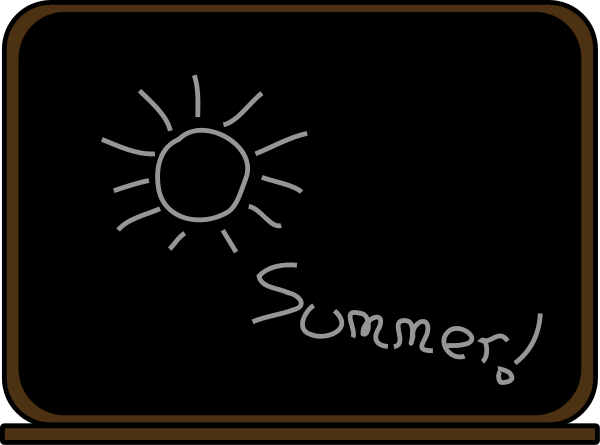On our last day together I tossed my middle school students a few questions about this "new" tabletop role-playing thing I'd introduced them to.
| There are some who call me ...photo accessed here |
1. "What are some real world lessons that Dagger for Kids can help you learn?"
"I learned that teamwork makes things easier. Working alone can be done, but when you have people to help you with things it can be accomplished way faster and it will be easier."
"work together"
"aiding others"
"think things through"
"listening"
"there's strength in numbers"
"critical thinking and planning"
"have more imagination"
"never give up!"
"This was my first time playing the game and I thought it was really fun and the people I played with were funny and helped me sometimes, but I helped them too."
"The key is to be careful and plan your moves."
"Make sure your partners are up to the challenge to help you. Your partners should always be there no matter what."
"The game taught communication, teamwork, paying attention, and thinking about what you do, because there could be consequences."
 |
| public domain with props to http://www.wpclipart.com/ |
2. "Do you think you'd ever play Dagger for Kids outside of school?"
"I probably wouldn't play out of school because out of school there is more to do, but in school I enjoyed it."
"I don't think I could find people or time."
"Probably not ... most people don't know what it is. I'd want to though."
"Maybe. It was interesting to play."
"No, because I'm definitely gonna forget."
"Probably not. It just feels a little complicated and confusing."
"Maybe. I have plenty of other stuff to do."
"Probably not. Not many may be willing to play it."
"Yes, because it's real fun."
"No, because I found it boring."
"Yes, because this game is really fun and suspenseful."
"No, because there are better things to do outside of school, but in school I would play it."
"I probably won't play it outside of school because I don't have anyone who would want to play it."
"I would play outside of school because it's fun & challenging."
"No, because I'm no good with making up things like that."
"Yes, it's an interesting game."
| pic from anime vice |
3. "Are there any messages you'd like to pass along to the game's designer?"
"This game is fun."
"Good job."
"I think it is a good game already and doesn't need improvements."
"I really like this game & I enjoy playing it."
"It's a really cool game. I really like it."
"It would be cool if there were more characters to choose from, but I think it's a good game."
"Fun, and lots of it."
"Great game ... it would be better with more character choices."
"Put a dragon in the game (good dragon, not evil) and add some cursed treasure."
"The game is great. It should become series of video games."
So, taken as a whole, my students really liked tabletop role-playing (the monsters, social aspect, encounter lethality, unique art, and kinesthetic aspect of the dice were all BIG hits) but I doubt that out of 27-odd kids that more than a few will ever go looking to play again. Maybe they'll run into some gamers in high school or stumble across a game at college and feel confident enough to ask if they can join in. By and large, however, it's a pretty esoteric activity and, despite the best efforts of Wizards of the Coast, Paizo Publishing, and the smaller guys, one that isn't really that accessible without a welcoming community and individual mentorship (especially compared to the ease of entry offered by online and console gaming). If the goal of this venture was to groom a new generation of tabletop gamers, then I'd have to say the experiment wasn't that successful ... maybe a few will go on to develop a passion for gaming ... but if the goal was to introduce kids to something new and engaging during their school year then it was certainly a success.

No comments:
Post a Comment